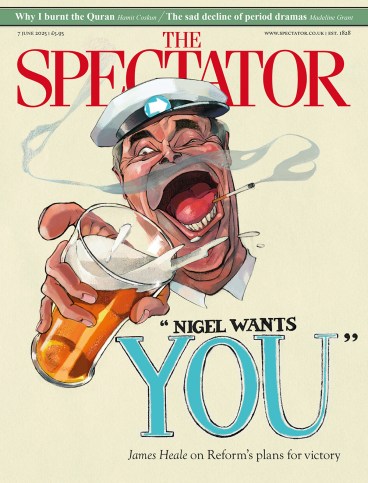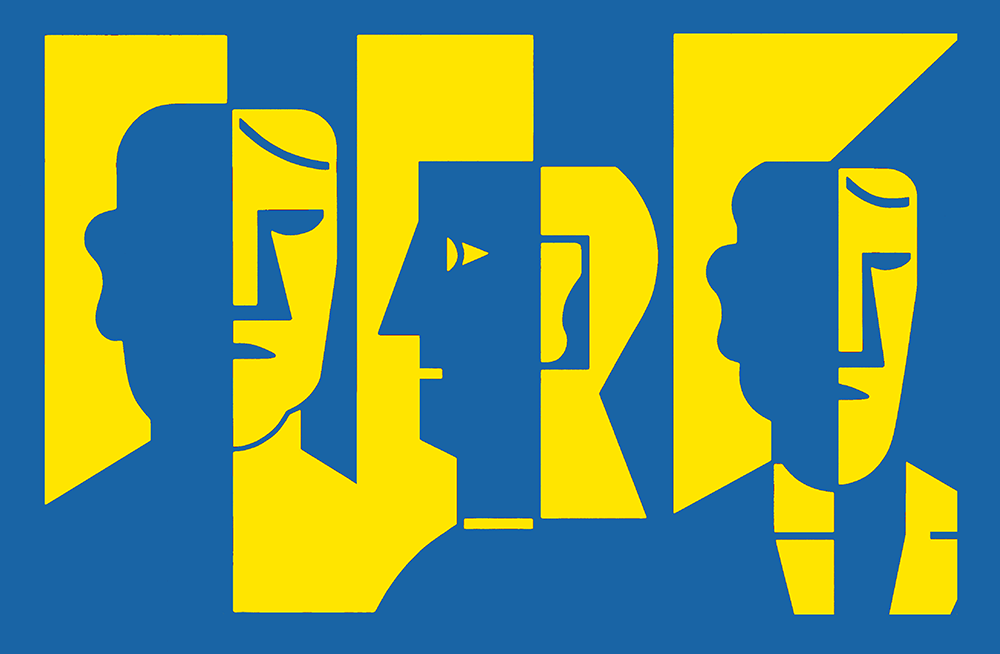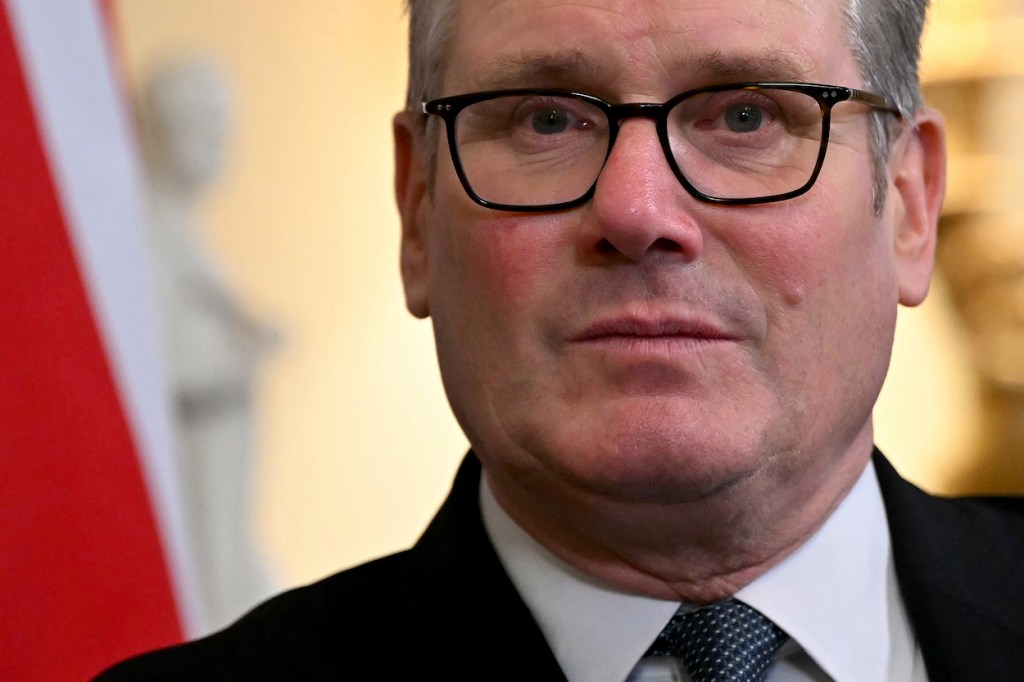
A wearisome aspect of modern political polarisation is feeling forced to take sides. Until recently, I felt I could contemplate last Sunday’s Polish presidential election with friendly neutrality. Both sides, after all, strongly resist Vladimir Putin’s aggression in Ukraine. In my one visit of any length to Poland, I was most kindly looked after by my publisher, all of whose friends supported the Civic Platform and mostly came out of Solidarity and related anti-communist dissident movements of the 1980s. On the other hand, I liked the way the Law and Justice party (in office at that time) opposed the extension of EU power and appeared to stick up for peasants and lower-paid workers against the Brussels satrap, Donald Tusk, who is now the Polish prime minister. As the election approached, however, I noticed the BBC constantly pushing the cause of Rafal Trzaskowski, ‘liberal mayor’ of Warsaw, and I started to lean towards the ‘hard-right historian’, Karol Nawrocki, the Law and Justice man. I was finally tipped in his favour by a biased BBC report about the terrible wickedness of abortion restrictions in Poland and how a Trzaskowski victory would put all that right. Against BBC hopes and predictions (it often confuses the two), Nawrocki won. With a bit of luck, the resulting cohabitation between a leftish government and a rightish president might prove Poland’s democratic maturity. Perhaps its voters, irritated by Tusk’s dominant media and political establishment, resist the ever-greater sublimation of Polish sovereignty which eliminates the national veto and extends EU ‘competences’. It is tragic that Brussels thinks the best way to resist the Russian empire is to extend its own.
On the subject of abortion, I partly share people’s irritation that J.D. Vance sees fit to intervene over our ban of protests outside abortion clinics. It is not his business, any more than it was ours to protest about the death of George Floyd. But the current state of the British abortion law is oppressive. The primary reason people oppose abortion – that it kills a defenceless child – is hardly ever discussed in public here. The question is expressed solely as a matter of women’s bodily autonomy. As we learn more about the development of the foetus, our deliberate blindness on this issue will look as bad to future generations as does our blindness to the wrongs of slavery 300 years ago.
As I write, we in the House of Lords are playing ping-pong. Almost everyone except the government supports Lady Kidron’s amendment to the Data (Use and Access) Bill to protect the copyright of the creative classes, of whom, as an author, I suppose I am a member. It is designed to stop Big Tech stealing our intellectual property, or, at least, to state when they have stolen it. We ping our amendment down to the Commons and the Labour-controlled Commons pongs it back. By the time you read this, we may well have decided to desist, in deference to the right of the elected House to prevail, or – much less likely – the government will have conceded something. The thieves Big Tech employs against us are Large Language Models (LLMs), who sound like voluptuous young Mediterranean girls learning English in university towns, but are actually voracious machine learners, processing and generating language. There is an interesting intellectual conundrum here. On the one hand, language is the common property of mankind, developed by free human intercourse, and so to mine it is not to steal it. On the other, Big Tech can make vast sums out of what we creatives make, without paying us. We are what Labour’s famous Clause 4 called ‘the workers… by brain’, and we demand what it calls ‘the full fruits of [our] industry’. Piquant that the Lords are standing up for us and a Labour government (perhaps in alliance with the Trump tech bros) is trying to do us down.
As with all property, though, it is easy to dispute boundaries. I remember being told years ago that the distinguished modern composer Robin Holloway had been accused of infringement of copyright by the estate of T.S. Eliot in something he had set to music. What lawyers call ‘the words complained of’ were just ‘Wallala weialala’, which come from ‘The Waste Land’ (I think they represent the rhythmic cries of Thames boatmen). This challenge was particularly comical because few poems rely more on literary quotation than does ‘The Waste Land’. Thank God there was no intellectual property law in the 17th century. Imagine the lawyers’ letter: ‘We act for the estate of the late Mr William Shakespeare and draw your attention to your unauthorised use of the words “Never, never, never, never, never.” This line appears in his play King Lear. Copyright is hereby asserted.’
A correspondent tells me that new rules have quietly come in about posting parcels to Northern Ireland. What he calls ‘a shadow customs declaration’ is filled in by the post office and recorded on its computer, though not docketed on the packet. Recently, he tried to post a gallon of beer from his local brewery to a friend in Co. Antrim, but this was banned on the grounds that it is illegal to send alcohol to the province. No such rules apply, of course, to internal communications in any other part of the United Kingdom. Thus is what Theresa May used to call ‘our precious Union’ subtly eroded.
A tall, slim man arrived at the reception, greeted us warmly and strode forward to make an excellent speech in support of the New Schools Network, the body which did so much to create 700 free schools in Britain. As he explained in his speech, its achievement is now threatened by Bridget Phillipson’s Wellbeing and Schools Bill. Who was he? I recognised his face but, just for a split second, I thought he might be someone who looked very like David Cameron rather than David Cameron himself. Why this momentary double-take? Later, I learnt the answer: Mounjaro.








Comments